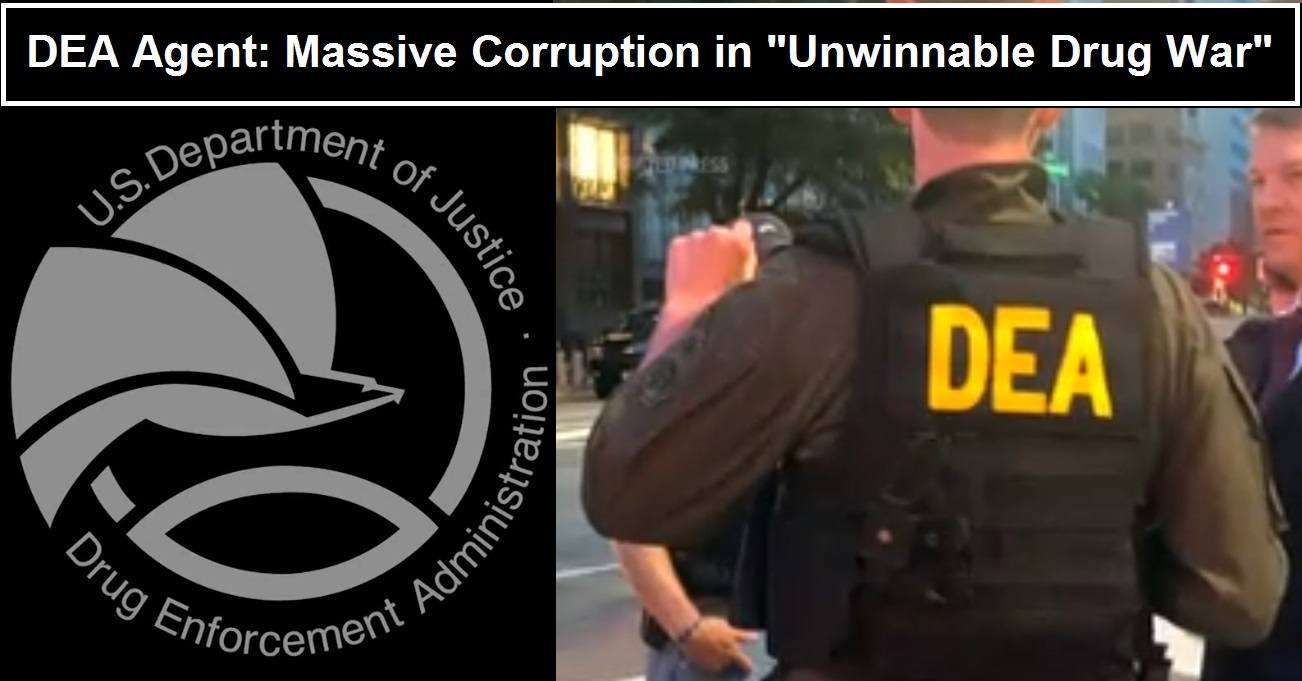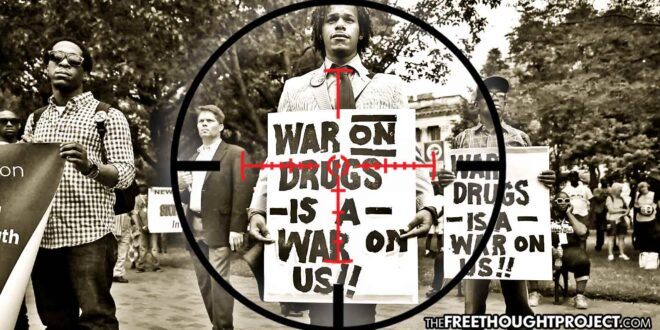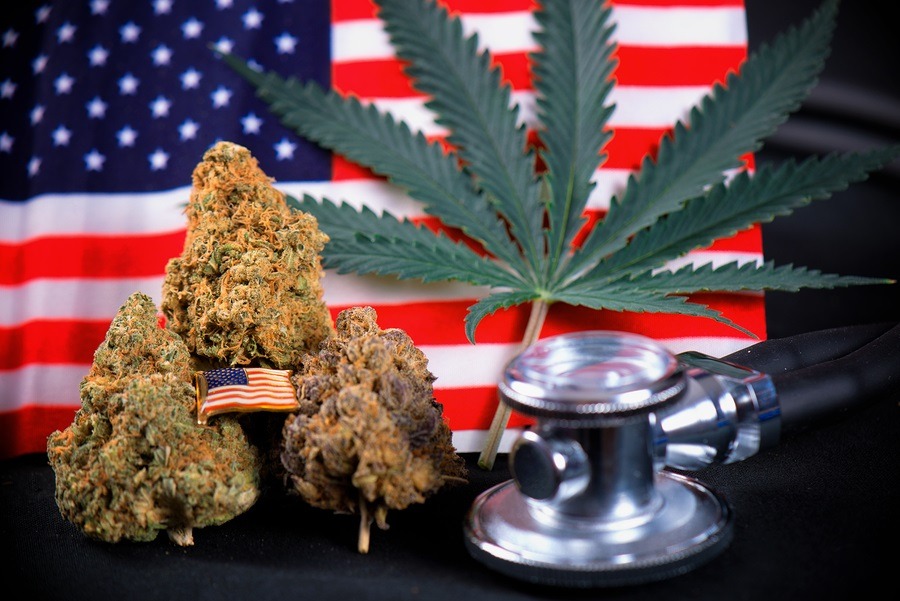Corrupt DEA Agent: Parties and Sex the Norm in “Unwinnable Drug War”
José Irizarry accepts that he’s known as the most corrupt agent in U.S. Drug Enforcement Administration history, admitting he “became another man” in conspiring with Colombian cartels to build a lavish lifestyle of expensive sports cars, Tiffany jewels and paramours around the world. But as he used his final hours of freedom to tell his story to The Associated Press, Irizarry says he won’t go down for this alone, accusing some long-trusted DEA colleagues of joining him in skimming millions of dollars from drug money laundering stings to fund a decade’s worth of luxury overseas travel, fine dining, top seats at sporting events and frat house-style debauchery. “We had free access to do whatever we wanted,” the 48-year-old Irizarry told the AP in a series of interviews before beginning a 12-year federal prison sentence. “We would generate money pick-ups in places we wanted to go. And once we got there it was about drinking and girls.” All this revelry was rooted, Irizarry said, in a crushing realization among DEA agents around the world that there’s nothing they can do to make a dent in the drug war anyway. Only nominal concern was given to actually building cases or stemming a record flow of illegal cocaine and opioids into the United States that has driven more than 100,000 drug overdose deaths a year.






